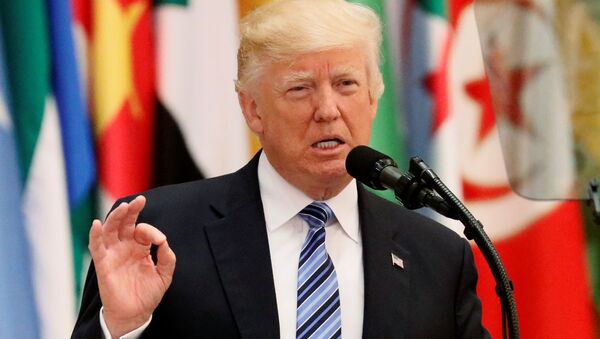Haley, writing in the Washington Post, called for the Council to "end its practice of wrongly singling out Israel for criticism."
"When the council passes more than 70 resolutions against Israel, a country with a strong human rights record, and just seven resolutions against Iran, a country with an abysmal human rights record, you know something is seriously wrong," wrote Haley.
We met with UN High Commisioner Zeid while in Geneva to discuss ways to reform the Human Rights Council. #UNReform pic.twitter.com/hDBSde8hSD
— Nikki Haley (@nikkihaley) 5 June 2017
"It is anomalous that the council's sole regular agenda item devoted to a single location is its "Item 7," concerning Israel's conduct in the occupied Palestinian territories. Yet criticism of Israel represents a tiny fraction of the council's overall work," said Kenneth Roth, Executive Director, Human Rights Watch.
"As a member of the council, the US government can fight to abolish Item 7. Human rights concerns about Israel can still be addressed under other agenda items, as are those involving other governments. But US departure from the council would be the surest way to guarantee that an excessive focus on Israel continues or even intensifies," he said in a blog.
With no end in sight to 50 years of military occupation, time to at least end Israel's systematic discrimination. https://t.co/XNtYjY0Oyl pic.twitter.com/20X8NucXjE
— Kenneth Roth (@KenRoth) 6 June 2017
"People concerned about the council's treatment of Israel know this, which is why many are reluctant for the United States to leave the council. But given the inevitable criticism of a country entering its 50th year of military occupation, some would rather delegitimize the council, which they calculate a US withdrawal would do.
"Yet such a calculation means that a single issue would hijack the full range of US human rights initiatives at the council. The dictatorships of the world would celebrate if such a one-dimensional foreign policy were to prevail in Washington," said Roth.



